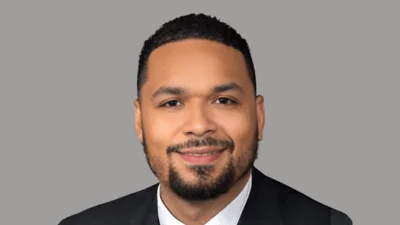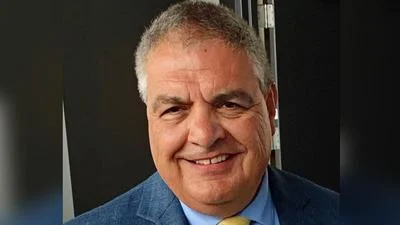Rep. Mike Carey | Rep. Mike Carey Official Website
Rep. Mike Carey | Rep. Mike Carey Official Website
Washington, DC – On September 6, Representatives Mike Carey (R-OH) and Earl Blumenauer (D-OR) called on the Internal Revenue Service to provide additional guidance on historic preservation easements to ensure that this important preservation tool can be easily accessed by rural, suburban, and urban communities.
“Ohio is home to countless historic buildings and cultural areas that make our communities unique,” said Congressman Carey. “The IRS should act quickly to update its guidance on the historic preservation easement program to help those doing the hard work of preserving our nation’s history.”
"Historic preservation allows the continued use and celebration of the key buildings that contribute to our communities' heritage,” said Congressman Blumenauer. “From housing to cultural sites—like Portland's own Jim Pepper House—these buildings remind us where we come from. The IRS must provide better guidance to support those working to maintain these buildings.”
Currently, the federal historic preservation easement program is often used to protect historic commercial buildings in large urban areas. This is because bureaucratic red tape and a lack of transparency on how taxpayers can comply with IRS guidelines have made the program extremely costly to use by the historic preservation community.
Due to a lack of clear guidance from Treasury and the IRS, historic building owners are virtually guaranteed multi-year audits that require hiring attorneys and accountants, making the cost of compliance prohibitive on smaller projects. The IRS also routinely challenges whether changes to historic buildings are consistent with protecting their historic character, which is an area where the National Park Service has jurisdiction and expertise.
Reps. Carey and Blumenauer are calling on IRS Commissioner Daniel Werfel to provide clear guidance, including model deeds and easement agreements, and to resolve any outstanding jurisdictional issues. Their goal is to ensure that all taxpayers and property owners who wish to protect historic buildings can have confidence in utilizing the historic preservation easement program.
Read the multi-member letter Representatives Carey, Blumenauer, Brian Fitzpatrick, Linda Sanchez, and Darin LaHood, and Senator J.D. Vance sent to IRS Commissioner Danny Werfel earlier this month.
Original source can be found here.






 Alerts Sign-up
Alerts Sign-up